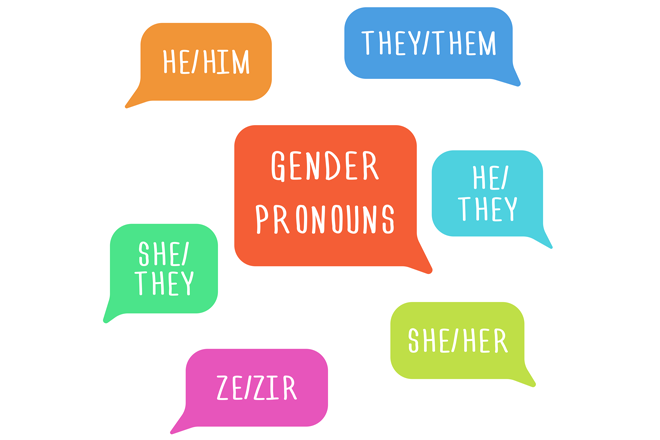BEST in CLASS (Behavioral, Emotional, and Social Training: Competent Learners Achieving School Success) is an evidence-based Tier 2 intervention for children at-risk for emotional/behavioral disorders.
In this study, we examined the effectiveness of Tools for Getting Along (TFGA) on teachers’ reports of executive functioning (EF), social-emotional, and behavioral skills of elementary school students. TFGA is a classroom-level prevention curriculum that teaches students problem-solving steps to apply in emotionally charged situations.
Practice-based coaching (PBC) promotes a strong collaborative partnership between teachers and coaches to facilitate the use of effective instructional practices. The PBC process includes skills instruction on BEST in CLASS practices, shared goals and action planning, implementation support, classroom observation, and reflection and feedback.
After a turbulent 2020-2021 school year, it is more important than ever that educators have feasible and effective options to support students’ foundational social-emotional skills. Prior studies have found that students who participate in social-emotional learning (SEL) programs improve their behavioral and academic functioning and reduce their challenging behaviors.1 When selecting an SEL program, educators … Continue reading Social-Emotional Learning Program Study: Tools for Getting Along








